Couples Therapy for Substance Abuse in Portland, Oregon
Couples Rehab centers Near Me
In Portland, Oregon, couples struggling with substance abuse can find hope and healing through couples therapy. Substance abuse not only affects individuals, but it also takes a toll on relationships. Couples addiction therapy offers a unique approach to recovery by addressing the challenges faced by both partners and helping them rebuild their relationship while overcoming addiction.
Couples Rehabs Near Me 888-325-2454 Call Now
Understanding Couples Therapy for Substance Abuse
Couples therapy for substance abuse, also known as couples rehab, is a specialized form of therapy that focuses on helping couples overcome addiction together. It recognizes that addiction affects both partners and aims to address the underlying issues that contribute to substance abuse within the relationship.
Healing relationships in addiction recovery is crucial as substance abuse often leads to strained communication, trust issues, and emotional distance. By working together in therapy, couples can rebuild trust, improve communication, and develop healthier coping mechanisms.
The Benefits of Couples Therapy for Substance Abuse
Couples therapy substance abuse offers several benefits for couples struggling with addiction:
- Addressing the root causes: Couples therapy delves into the underlying issues that contribute to substance abuse, such as trauma, unresolved conflicts, or co-dependency. By addressing these root causes, couples can find lasting recovery.
- Rebuilding trust: Substance abuse often leads to broken trust within a relationship. Couples therapy provides a safe space for partners to express their feelings, rebuild trust, and create a foundation for a healthier future together.
- Improving communication: Effective communication is essential for a healthy relationship. Couples therapy teaches couples how to communicate openly and honestly, fostering understanding and empathy.
- Developing healthy coping mechanisms: Couples struggling with addiction often rely on substances as a way to cope with stress or emotional pain. Therapy helps couples develop healthier coping mechanisms, reducing the risk of relapse.
- Supporting each other’s recovery: Couples therapy provides a supportive environment where partners can encourage and motivate each other in their recovery journey. It strengthens the bond between partners and creates a solid support system.
Couples Therapy for Substance Abuse in Portland
Portland, Oregon, offers a range of resources for couples seeking therapy for substance abuse. Couples rehab centers in Portland provide specialized programs that cater to the unique needs of couples struggling with addiction.
When choosing a couples therapy program, it is essential to consider the following factors:
- Accreditation and credentials: Ensure that the therapy center is accredited and has licensed professionals who specialize in couples therapy for substance abuse.
- Individualized treatment plans: Look for a program that offers personalized treatment plans tailored to the specific needs of each couple.
- Evidence-based approaches: Effective couples therapy programs incorporate evidence-based approaches and techniques that have been proven to be successful in addiction recovery.
- Aftercare support: Recovery is an ongoing process, and aftercare support is crucial for long-term success. Choose a program that provides comprehensive aftercare resources and support.
- Comfortable and welcoming environment: Couples should feel comfortable and safe in the therapy environment. A welcoming atmosphere can enhance the effectiveness of therapy sessions.
Healing Relationships in Addiction Recovery
Relationship counseling for substance abuse focuses on healing relationships while supporting individuals in their recovery. It helps couples understand the impact of addiction on their relationship dynamics and provides tools to rebuild and strengthen their bond.
Healing relationships in addiction recovery requires commitment, effort, and a willingness to address underlying issues. Couples therapy provides a structured and supportive environment for couples to navigate the challenges of recovery together.
Conclusion
Couples therapy for substance abuse in Portland, Oregon, offers couples struggling with addiction a path towards healing and recovery. It addresses the unique challenges faced by couples and provides tools to rebuild trust, improve communication, and develop healthier coping mechanisms.
By seeking couples addiction therapy, couples can embark on a journey of healing, strengthening their relationship, and achieving lasting recovery. Portland’s resources and specialized couples rehab centers provide the support and guidance necessary for couples to overcome substance abuse and build a brighter future together.
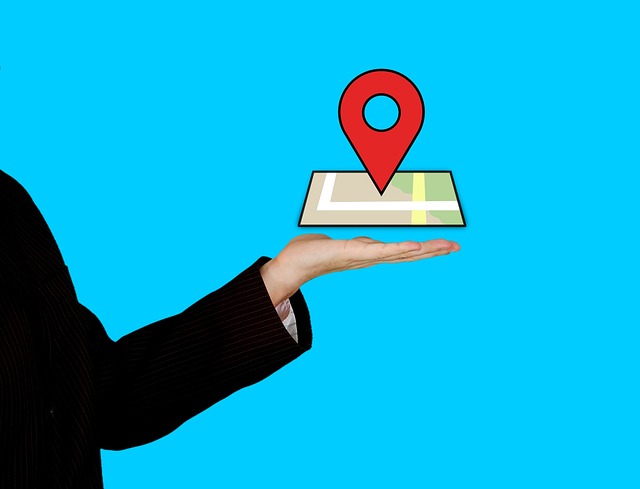
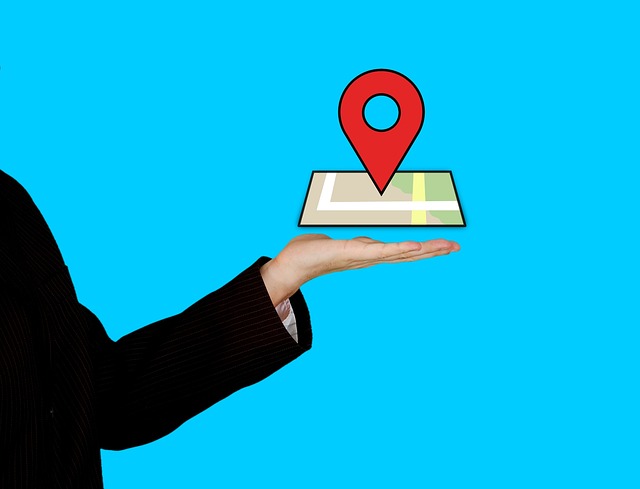
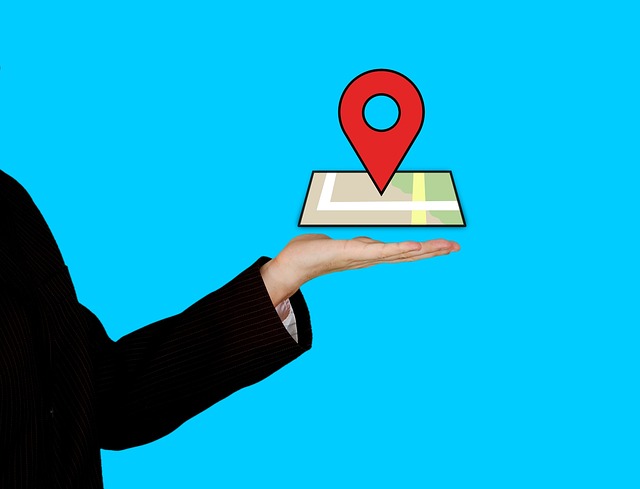
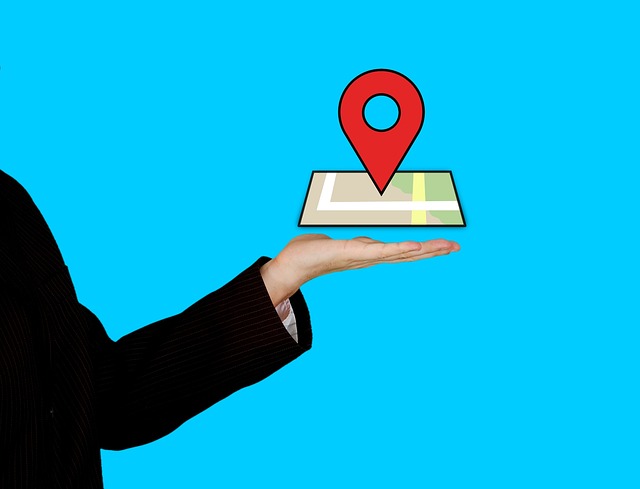
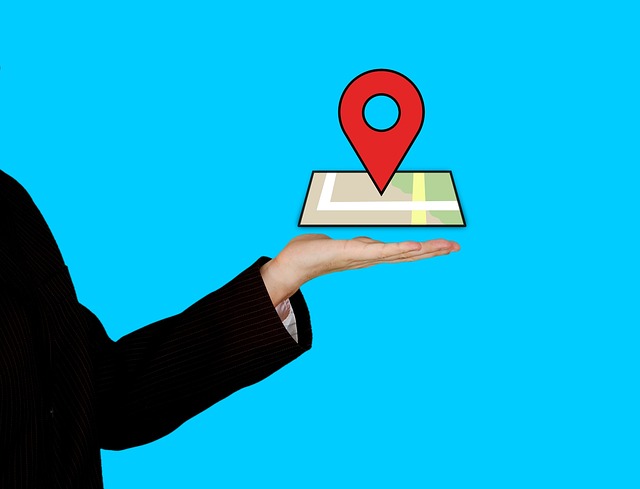





Recent Comments